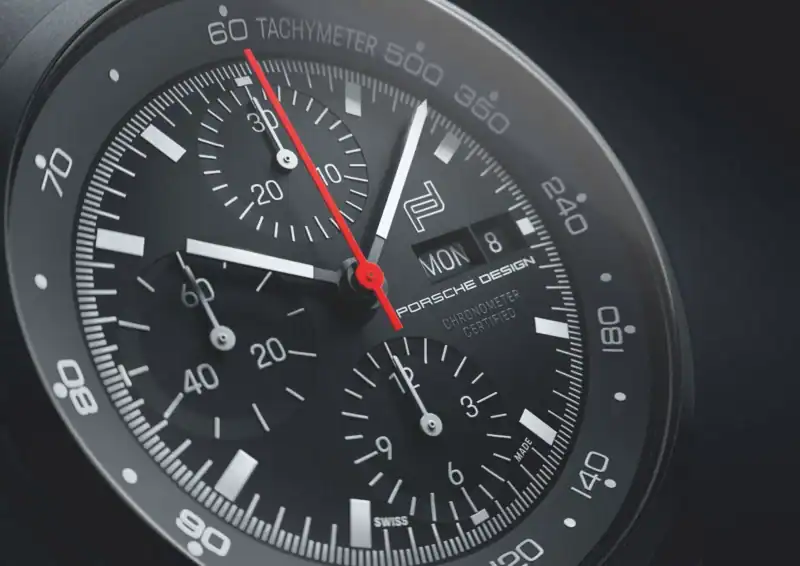Perfect pilot watches from the center of the German watch industry
Tutima is a traditional German watch manufacturer based in Glashütte, Saxony, whose history dates back to 1927. At that time, the whole of Europe was feeling a sense of optimism. Countless technical innovations, young arts, film, photography, unheard-of music such as jazz transformed what might have been an ordinary decade into the Golden Twenties. Also in Glashütte, as a city of watches since the 19th century a place of world importance, the belief in tomorrow, in something great new, is palpable.
And so, right in the center of the German watch industry, two renowned companies are founded: Uhren-Rohwerke-Fabrik Glashütte AG, UROFA, and Uhrenfabrik Glashütte AG, UFAG for short – both under the leadership of Dr. Ernst Kurtz, a lawyer who quickly realizes that the future no longer belongs to the then widespread pocket watch, but rather to the wristwatch. His best models need not even fear comparison with Swiss precision timepieces. It is primarily because of their special robustness that they are given the title Tutima, derived from the Latin word for safe. It is the birth of the Tutima brand.
On the road to success, there are no shortcuts – and so the creation of a complicated timepiece costs one thing above all: time.
Tutima
The rise and fall of a brand
Rapid technical progress at the beginning of the 20th century promoted the meteoric rise of the wristwatch. Anyone who pilots a car or an airplane appreciates the possibility, sometimes essential for survival, of being able to read the time – in the truest sense of the word – in the blink of an eye. Particularly high demands are placed on pilot watches, whose quality is measured, among other things, by their resilience, their user-friendliness, and their accuracy.
Timepieces of the Tutima brand quickly acquire an excellent reputation thanks to their superior technology and workmanship – the pilot chronographs of 1941 become legendary. But just four years later, Tutima seems to be on the brink of extinction, the fate of one of Germany’s leading watchmakers sealed. A devastating bombing raid just hours before the end of the war destroys the Tutima factory in Glashütte, and shortly thereafter Russian troops occupy the country. It looks like this will be Tutima’s downfall.
Risen from the ruins
In May 1945, all of Germany seems to stand still forever. But with drive, entrepreneurial spirit and a wealth of ideas, the people of the country manage to make a new start together, the economic miracle. Among them was Dr. Kurtz, who made his way west with a few employees just before the end of the war in order to revive the ideals of Glashütte watchmaking in the Lower Saxony community of Ganderkesee. In the decades to come, craftsmanship, a spirit of innovation and the knowledge of their own roots continue to write the success story of the traditional watchmaker – now in West Germany. In 1984, a chronograph made by Tutima was chosen as the official pilot’s watch of NATO, and the brand was finally back on top.
Back home
With the fall of the Iron Curtain and the reunification of Germany after decades of separation, the plan to return to the former Saxon homeland, to Glashütte, matured in Tutima’s executive suite. But unlike other traditional East German brands, Tutima has long since established itself in its new home in Lower Saxony. A complete move to the east is therefore not an option. Thus, in addition to the plant in Ganderkesee, a new plant is being built in parallel in Glashütte, which started operations in 2008. Tutima has arrived back home. Today, high-quality timepieces are once again produced in Glashütte, both with movements developed in-house and with modified purchased movements – including, of course, outstanding pilot watches.
More from Tutima
More information at tutima.com

















